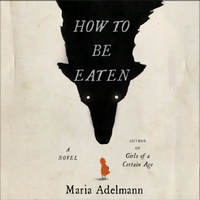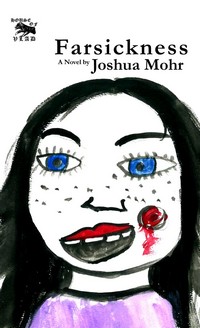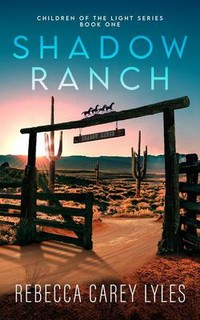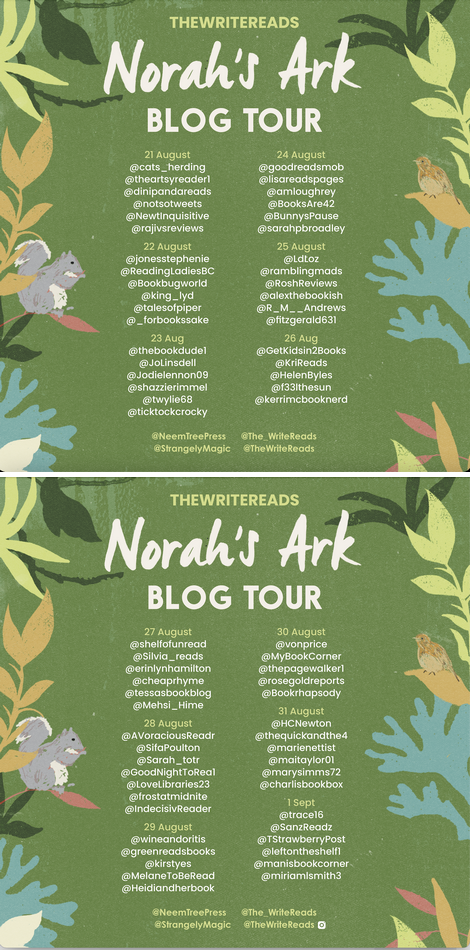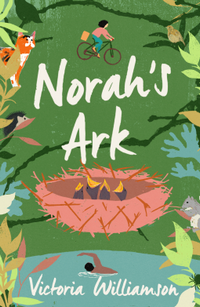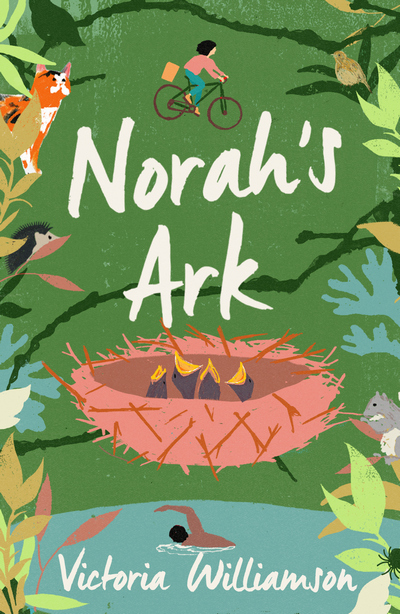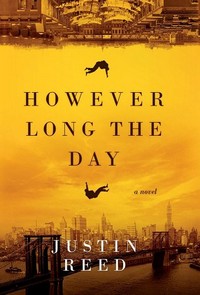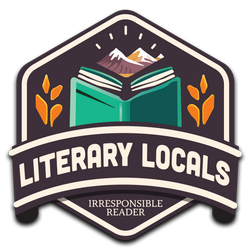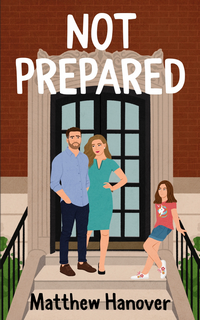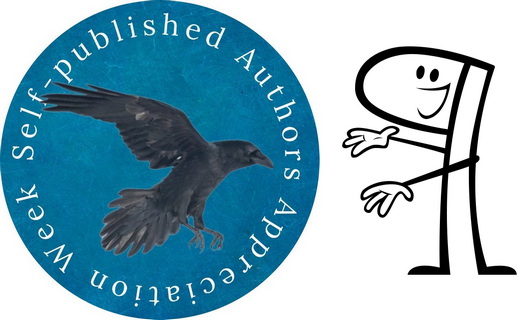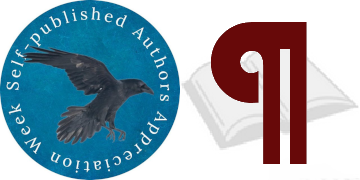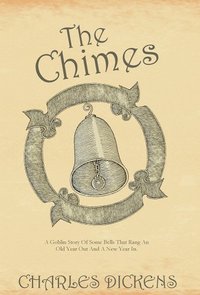 The Chimes
The Chimes
DETAILS: Publisher: Fahrenheit Press Publication Date: November 15, 2023 Format: eBook Length: 94 pg. Read Date: December 21-22, 2023

There are not many people—and as it is desirable that a story-teller and a story-reader should establish a mutual understanding as soon as possible, I beg it to be noticed that I confine this observation neither to young people nor to little people, but extend it to all conditions of people: little and big, young and old: yet growing up, or already growing down again—there are not, I say, many people who would care to sleep in a church. I don’t mean at sermon-time in warm weather (when the thing has actually been done, once or twice), but in the night, and alone.
What’s The Chimes About?
Apparently, the original title of this was: The Chimes: A Goblin Story of Some Bells that Rang an Old Year Out and a New Year In. But for pretty obvious reasons, people shortened the name to The Chimes when talking about it, and this edition went with the short version, too.
The Chimes are the bells in a church steeple–powerful goblin spirits reside in them, (not everyone gets to see the goblins–or this’d be a very different kind of story). Our protagonist, Trotty, is summoned to the steeple by these bells. Bells he’s lived under for years and has come to love their ringing. However, he’s now called to account by them for…essentially losing faith in humanity and disparaging them. Particularly lower-class humanity–like he’s part of.
Trotty is a ticket-porter, barely scraping by–but is a hearty, cheerful man. His daughter is in love with someone who hopes to marry her soon. But Trotty reads something in the news one day (inspired by a true story, incidentally) that makes him doubt people’s goodness. This is followed by him being hired by/interacting with an Alderman and an MP who look down the poor, exacerbating Trotty’s dismay.
These bells show Trotty a future in which he dies that night and how the ripples from his death impact the lives of several of his acquaintances. Very much in a Ghost of Christmas Future kind of way. But these are darker futures than anything Scrooge saw, if you ask me.
Trotty repents of his negative outlook and does something in this vision that proves his sincerity. He’s brought back to the present and life is good–even better than it was thanks to his attitude adjustment.
Oversimplification, I know, but I’m still trying to stay away from details. It’s only been in print for 179 years…
These Guys are The WORST
So this year I’ve read about misanthropes, mass murderers, people who kill without remorse, people who target minorities for fun, demons and other monsters, etc., but I’m honestly not sure that there were people who disgusted me and enraged me nearly as much as Alderman Cute and Sir Joseph Bowley.
Bowley loves to think of himself as a benefactor to the poor, a charitable soul…listen to him brag about it a bit (to an actual poor person),
Every New Year’s Day, myself and friends will drink his [a generic poor person’s] health. Once every year, myself and friends will address him with the deepest feeling….‘I do my duty as the Poor Man’s Friend and Father; and I endeavour to educate his mind, by inculcating on all occasions the one great moral lesson which that class requires. That is, entire Dependence on myself. They have no business whatever with— with themselves.
He does (at least in the vision), bring poor people into a great New Year’s feast with his guests so they can see he and his friends drink to their health and hear paternalistic (at best) speeches about how they need to better themselves, although they probably can’t because if they could…well, they wouldn’t be poor, after all.
Cute dissuades Trotty’s daughter and her beloved from marrying because it’s not like they’ll be able to subsist on whatever money they can eke out–and they’ll just end up having kids they can’t afford to feed, and thereby expanding the need for welfare and whatnot.
Sure, Dickens was probably exaggerating for satirical purposes. But I doubt it was much. And it’d be really easy to imagine these despicable guys as contemporary figures.
Dickens’ Writing
He saw the tower, whither his charmed footsteps had brought him, swarming with dwarf phantoms, spirits, elfin creatures of the Bells. He saw them leaping, flying, dropping, pouring from the Bells without a pause. He saw them, round him on the ground; above him, in the air; clambering from him, by the ropes below; looking down upon him, from the massive iron- girded beams; peeping in upon him, through the chinks and loopholes in the walls; spreading away and away from him in enlarging circles, as the water ripples give way to a huge stone that suddenly comes plashing in among them. He saw them, of all aspects and all shapes. He saw them ugly, handsome, crippled, exquisitely formed. He saw them young, he saw them old, he saw them kind, he saw…
When Dickens first introduced the goblins (and I only gave you a sample), I really enjoyed it. And was reminded that he typically got paid by the word. Not necessarily for this novella–but the impulse was still there. Because the man can go on…never using 5 words when 20 will do.
I have zero problems with it in this novella–but it jumps out at you occasionally.
A few other lines that jumped out at me that I want to bring up…they’re so good.
‘There’s nothing,’ said Toby, ‘more regular in its coming round than dinner- time, and nothing less regular in its coming round than dinner. That’s the great difference between ’em. It’s took me a long time to find it out.’
This gentleman had a very red face, as if an undue proportion of the blood in his body were squeezed up into his head; which perhaps accounted for his having also the appearance of being rather cold about the heart.
‘The good old times, the good old times!’ The gentleman didn’t specify what particular times he alluded to; nor did he say whether he objected to the present times, from a disinterested consciousness that they had done nothing very remarkable in producing himself.
(I’m forever going to be thinking of this anytime I hear someone talk about the good old days)
So, what did I think about The Chimes?
I’m told that the hardcover is gorgeous–I ordered this late, so I can’t confirm (I’ll try to remember to update this post when I get it). The cover looks pretty neat, though. I bring this up so you’ll think about getting your hands on this hardcover edition for your own personal use/shelf decoration.
But what about the novella itself? I dug it. I know I don’t read enough Dickens–and never have. But when I’m exposed to him, I regret many of my life choices that lead to this dearth (not so much regret that I see that I’ll change that anytime soon). I really appreciated his writing, his characters (even the ones I spent time hating). I would’ve appreciated a little more time with some of the characters, but we didn’t need it.
The way the bells show Trotty the future really did make me think of the Ghost of Christmas Future, I know they inspired It’s a Wonderful Life, but I got more of the former vibe than the latter. I’d like for people to tell me what I’m missing, incidentally. Either way, I liked the way Dickens uses this tool to get people to change their way of thinking, even if he uses it too frequently.
The social commentary was well done (if heavy-handed), and probably needed as much then as now. And probably as effective then as now. Oh well, would be nice to think otherwise.
It’s a quick read that packs a powerful punch with some clever writing. If you’re like me, and have never heard of this novella before, take advantage of this opportunity to pick it up. If you’re a better-educated reader and are familiar with it–isn’t it about time to re-familiarize yourself?

This post contains an affiliate link. If you purchase from it, I will get a small commission at no additional cost to you. As always, the opinions expressed are my own.
![]()



